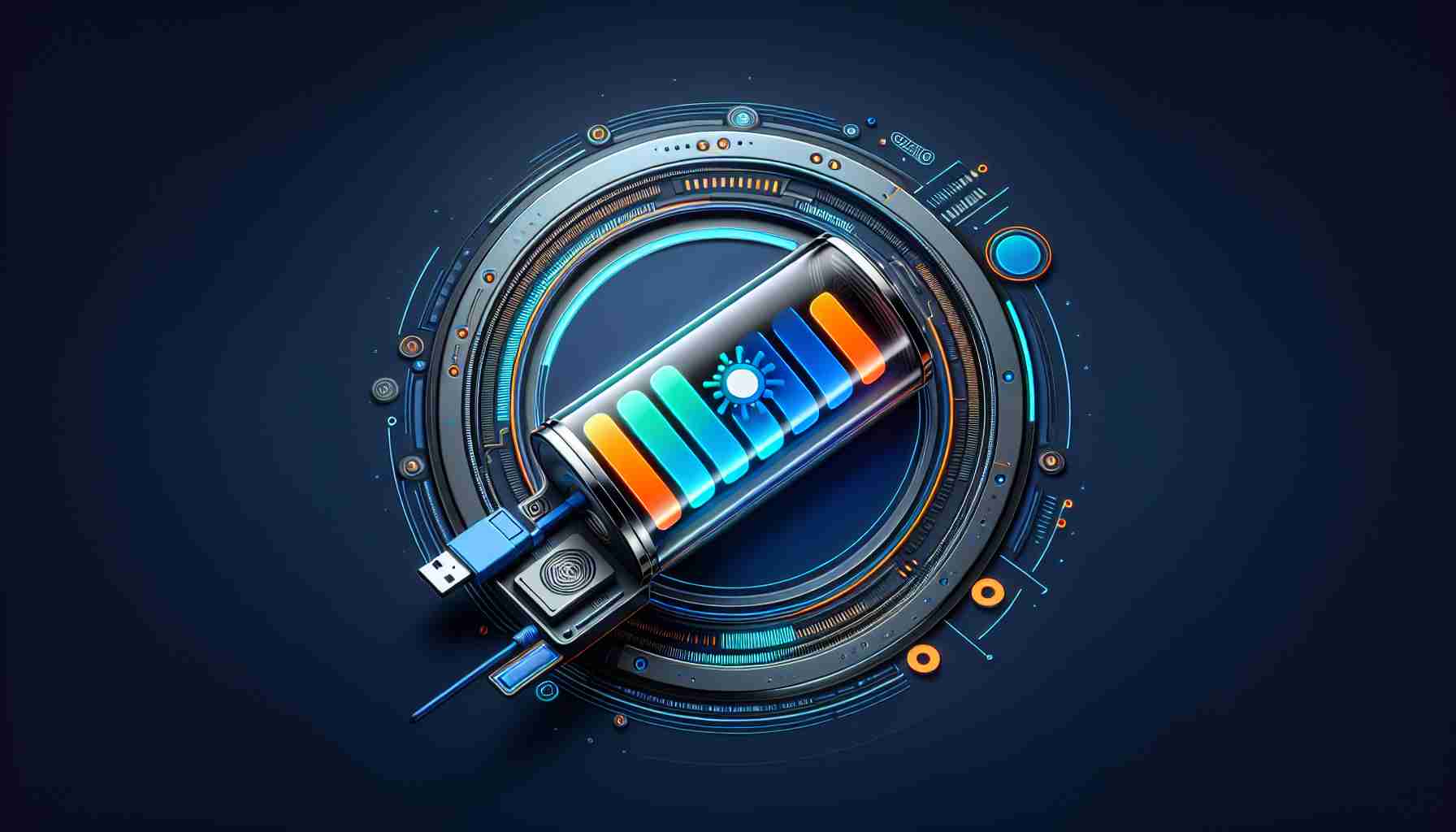Samsung’s innovation leaps forward with the announcement of a novel feature set to debut in their upcoming Galaxy S25 series, particularly the Galaxy S25 Ultra—dubbed “Battery AI.” The excitement within the tech community is palpable as this technology promises to boost battery life significantly, aiming for a user-friendly experience that does not compromise the smartphone’s robust capabilities.
The Galaxy S24 series, with its pioneering Galaxy AI software, has already set a benchmark for integrating artificial intelligence within a smartphone interface, leading to a notable increase in Samsung’s financial performance. These AI features range from sophisticated photo editing to real-time language translation, emphasizing a design that prioritizes ease of use and accessibility. Samsung’s dedication to enhancing its AI offerings ensures that the latest AI advancements continue to elevate user experience.
With the new “Battery AI” technology, Samsung steps into uncharted territory — optimizing power efficiency to a level unseen in conventional smartphone power management. This innovation aims to sidestep the usual drawbacks of power-saving modes by employing AI to manage system operations in a manner that extends battery endurance by an estimated 5-10%, without dialing back on processing muscle.
Eliminating unnecessary background activities while maintaining the smartphone’s performance is the prime focus of “Battery AI,” suggesting a potential paradigm shift in how mobile devices handle energy conservation. Smart utilization of Neural Network Processing Units (NPU) in conjunction with the formidable Snapdragon 8 Gen 4 and Exynos 2500 processors could make Samsung’s vision a reality.
The anticipation around “Battery AI” suggests it could be a pivotal moment for the industry, raising the bar for what consumers expect in terms of power management without sacrificing the functionality of their devices. If Samsung delivers on its promise, the Galaxy S25 Ultra may not only establish a new benchmark for the tech giant’s innovation but may also reshape user expectations of smartphone battery life for years to come.
What are the potential advantages of Samsung’s “Battery AI”?
The advantages of Samsung’s “Battery AI” include:
– Enhanced battery life: By optimizing power efficiency, consumers can expect extended battery life from their devices, which is particularly beneficial for heavy users and those who rely on their smartphones for work, travel, or extended periods away from charging points.
– Improved user experience: Because it intelligently adjusts power consumption without significantly reducing performance, users can experience a more efficient device without noticing substantial compromises in speed or capability.
– Technological innovation: “Battery AI” could signify a step forward in smartphone technology, potentially leading to further advancements in energy conservation and performance across the industry.
What are the potential challenges or controversies associated with “Battery AI”?
Some potential challenges or controversies might include:
– Technology effectiveness: While the promise of 5-10% increased efficiency is significant, the real-world outcomes may vary. The effectiveness of such AI systems is often contingent on numerous variables, including user behavior and mobile network conditions.
– Consumer skepticism: There may be skepticism around whether these AI-driven improvements can deliver consistent results and whether the trade-offs in performance (if any) are acceptable.
– Security and privacy: As with any AI system, there could be concerns regarding how data is being used to optimize power management and whether this could impact user privacy.
What are the potential disadvantages of Samsung’s “Battery AI”?
The disadvantages could potentially be:
– Complexity and bugs: The introduction of new AI technologies could bring about unexpected software bugs or complexities that may affect the user experience, requiring rigorous testing and updates.
– Hardware requirements: Implementing advanced AI capabilities like “Battery AI” may imply a necessity for more powerful NPUs or chipsets, possibly impacting production cost and, ultimately, consumer prices.
– Exclusivity: If “Battery AI” remains exclusive to the high-end Galaxy S25 series, this could limit its benefits to consumers who are unable or unwilling to invest in a premium device.
As for related links:
– Official Samsung Website: For official news and further information about Samsung’s products and technologies, including updates on AI features.
– Qualcomm: For information on Snapdragon processors which may power the devices using “Battery AI.”
– ARM: As designers of the architecture that Exynos chips are often based on, ARM’s site might offer insights into the technical background enabling such AI advancements.
The source of the article is from the blog mivalle.net.ar
